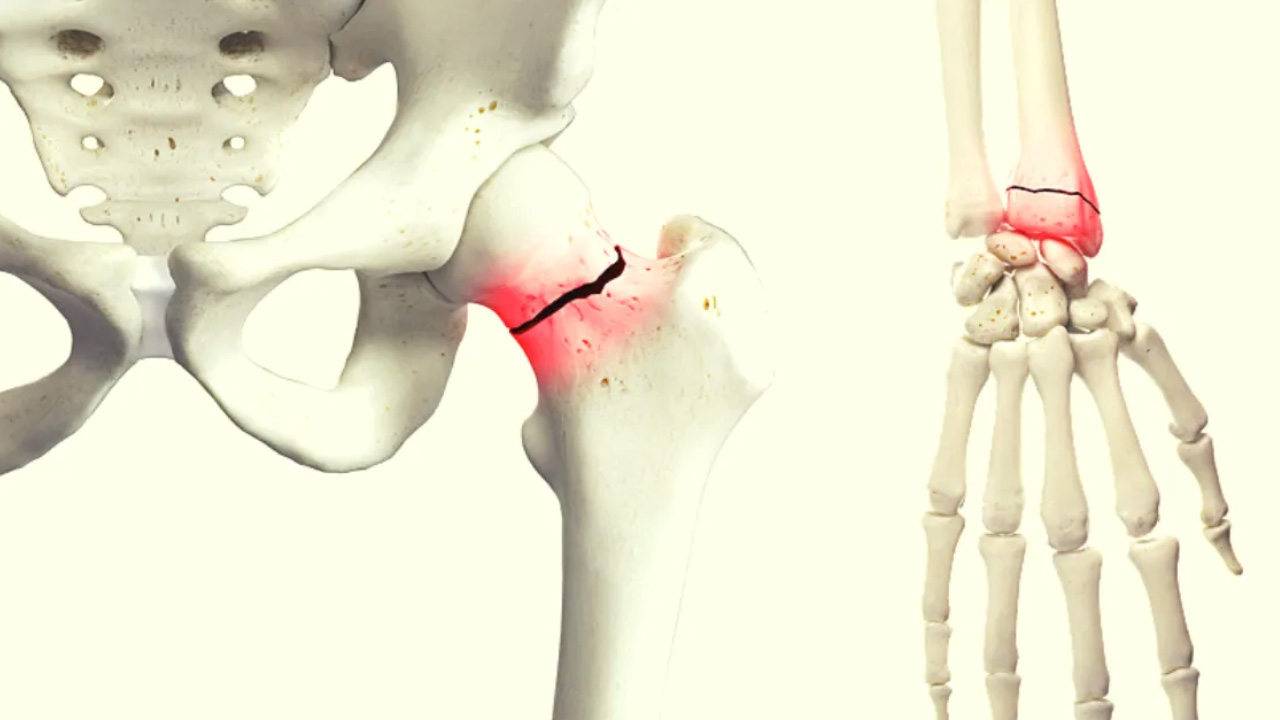In an effort to stem this health crisis, the Asia Pacific Consortium on Osteoporosis (APCO) has launched a Bone Health QI Tool Kit for healthcare professionals to promote quality improvement of osteoporosis care.
The APCO Bone Health QI Tool Kit is based on seven selected standards from the APCO Framework that apply to the clinical setting. Implementation of the QI will be through iterative Plan-Do-Study-Act (PDSA) cycles.
This world-first tool kit, encompassing multiple components in the screening, diagnosis, and management of osteoporosis, will help to promote multi-sector healthcare professional engagement and cooperation to address this looming healthcare catastrophe.
Osteoporosis – the most common disease is characterized by porous and brittle bones, whose density and quality are poor, resulting in structural skeletal deterioration.1
The disease is greatly under-diagnosed and under-treated in Asia, even among those at highest risk who have already fractured.3
The Asia-Pacific region is home to 4.5 billion people and has a vastly different healthcare system.
Over the next two decades, a staggering 319 million people aged 50+ from Asia and the Pacific are projected to be at high risk of osteoporotic fracture.
Moreover, the number of hip fractures is projected to more than double in Asia, from 1.13 million in 2018 to 2.54 million in 2050.
"Once the audits are completed, healthcare professionals (HCPs) and medical centers can commence implementing changes to their clinical practice." APCO is in the process of engaging QI experts to help train APCO members to perform such projects in their individual medical centers and practices, "said Dr. Manju Chandran, APCO Chairperson and Director of the Osteoporosis and Bone Metabolism Unit, Singapore General Hospital, Singapore.

 More than 50 percent of the world's hip fractures are expected to occur in the Asia Pacific over the next two decades. This is due to the region's rapidly aging population, mounting urbanization, and subsequent increase in sedentary lifestyles.
More than 50 percent of the world's hip fractures are expected to occur in the Asia Pacific over the next two decades. This is due to the region's rapidly aging population, mounting urbanization, and subsequent increase in sedentary lifestyles.










.jpeg)




.jpeg)

.jpg)













